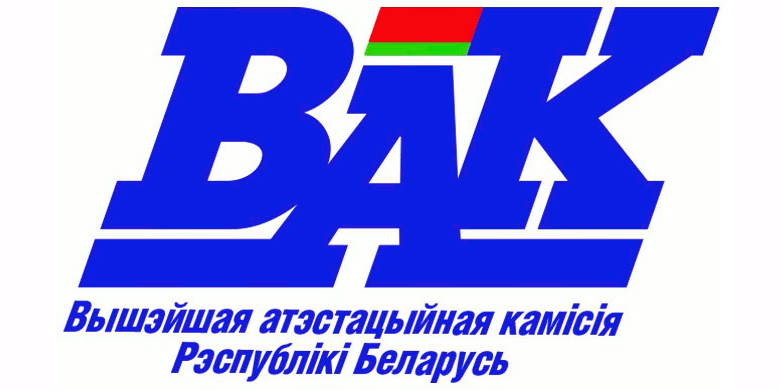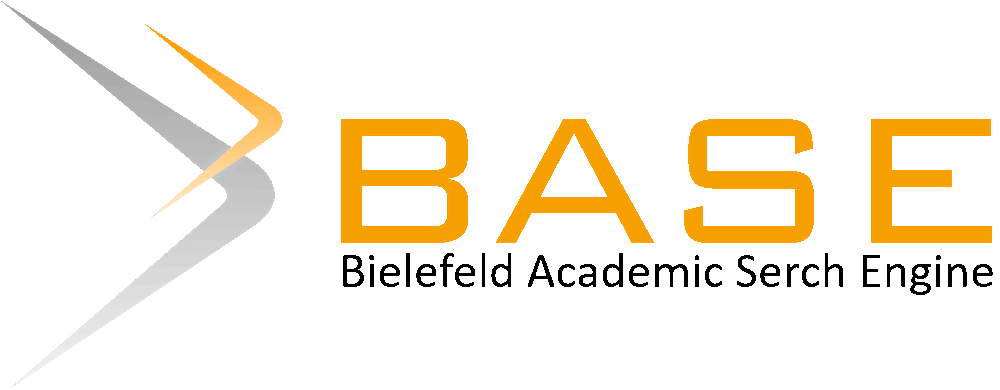Социально-этические аспекты применения новейших вспомогательных ре-продуктивных технологий.
Abstract
В статье выявлены социальные и этические риски использования вспомогательных репродуктивных технологий на примере применения их различных комбинаций в рамках схемы «яйцеклетка (собственная / донорская) – сперма (собственная / донорская) – матка (собственная / cуррогатной матери)». Рассмотрена проблема легализации «рождения детей от трех родителей» и ее возможные последствия. Ключевые слова: гуманитарная экспертиза, биоэтика, вспомогательные репродуктивные технологии, социальные последствия вспомогательных репродуктивных технологий, идентификация, экстракорпоральное оплодотворение, суррогатное материнство, донорство половых клеток, рождение детей от трех родителей, трансгуманизм. = The article reveals the social and ethical risks of using assisted reproductive technologies on the example of applying of different combinations within the scheme «ovule (own / donor) – sperm (own / donor) – uterus (own / surrogate mother)». Author analyzed the problem of legalization of «the birth of children from three parents» and its possible consequences. Key words: Humanitarian expertise, bioethics, assisted reproductive technologies, social consequences of assisted reproductive technologies, identification, in vitro fertilization, surrogate motherhood, donation of gametes, three-parent children, transhumanism.References
ART 2010 Fertility Clinic Success Rates Report // Centers for Disease Control and Prevention [Electronic resource]. – 2014. – Mode of access: http://www.cdc.gov/art/ART2010/section5.htm. – Date of access: 10.06.2014.
Assisted reproductive technology in Europe, 2004: results generated from European registers by ESHRE. A. Nyboe Andersen, V. Goossens, A.P. Ferraretti, S. Bhattacharya, R. Felberbaum, J. de Mouzon and K.G. Nygren. The European IVF–monitoring (EIM) Consortium, for the European Society of Human Reproduction and Embryology (ESHRE) // Volume 23, Issue 4. – 4 April, 2008. – Pp. 756–771.
Assisted reproductive technology in Europe, 2009: results generated from European registers by ESHRE. / A.P. Ferraretti*, V. Goossens, M. Kupka, S. Bhattacharya, J. de Mouzon, J.A. Castilla, K. Erb, V. Korsak, A. Nyboe Andersen. The European IVF–monitoring (EIM) Consortium, for The European Society of Human Reproduction and Embryology (ESHRE) // Human Reproduction. – Volume 28, Issue 9. – 9 September 2013. – Pp. 2318–2331.
Masahito Tachibana Towards germline gene therapy of inherited mitochondrial diseases /Masahito Tachibana [and etc.] // Nature 493, 627–631. (31 January 2013).
Mitochondrial technique safe finds new report // Newcastle University [Electronic resource]. – 2014. – Mode of access: http://www.ncl.ac.uk/press.office/press.release/item/mitochondrial–technique–safe–finds–new–report. – Date of access: 10.06.2014.
Regnerus, M. Parental same–sex relationships, family instability, and subsequent life outcomes for adult children: Answering critics of the new family structures study with additional analyses / M. Regnerus // Social
Science Research. – Volume 41, Issue 6. – November, 2012. – Pp. 1367–1377.
Review of scientific methods to avoid mitochondrial disease // Human Fertilisation and Embryology Authority [Electronic resource]. – 2014. – Mode of access: http://www.hfea.gov.k/8807.html. – Date of access:
06.2014.
Ткач, О. Наполовину родные? Проблематизация родства и семьи в газетных публикациях о вспомогательных репродуктивных технологиях / О. Ткач // Журнал исследований социальной политики. – 2013. – № 11. – Том 1. – С. 53.













